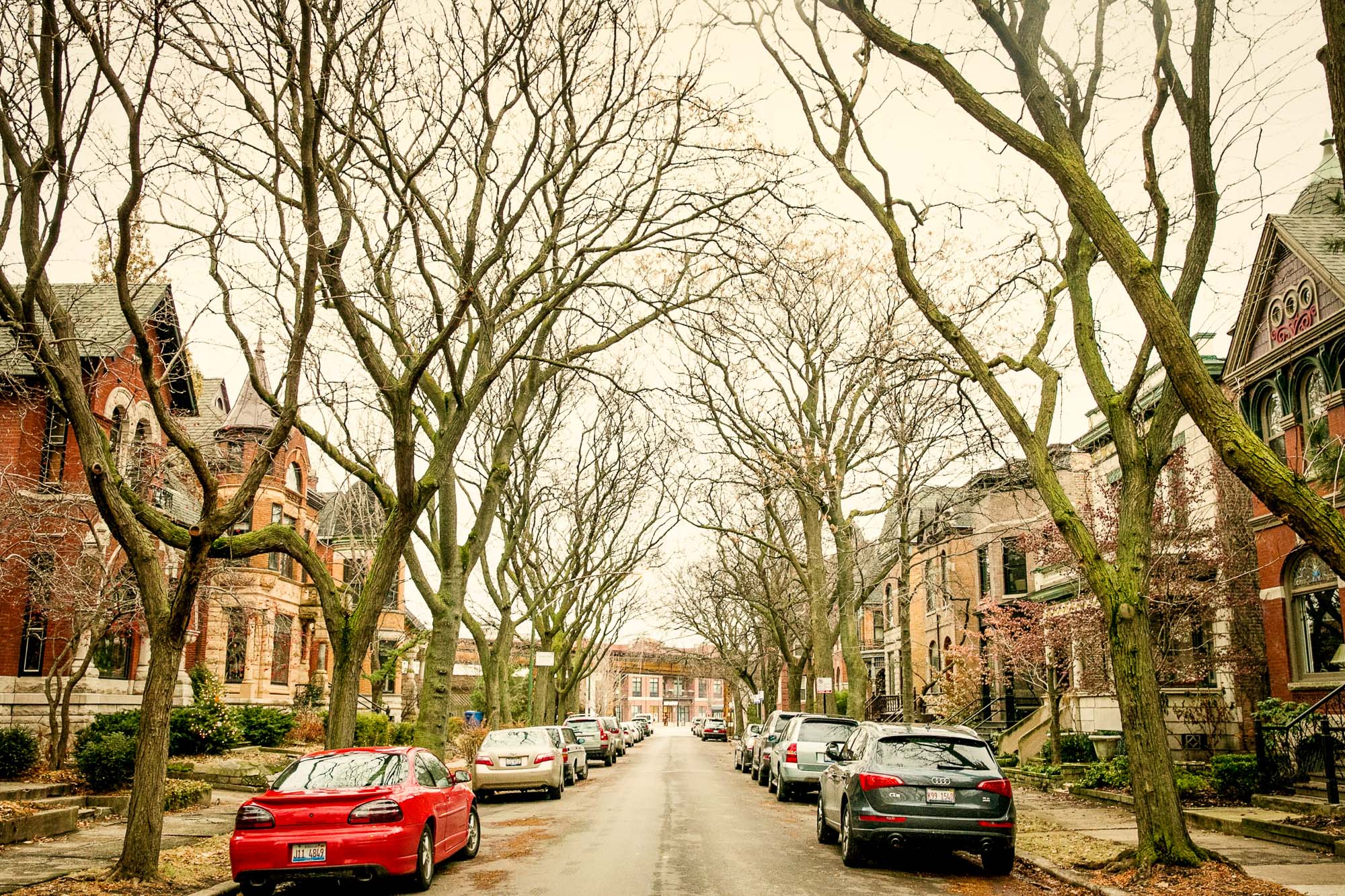Chicagoans Prefer Tax Fairness Between Hotels and Airbnb


May 2, 2016
To: Airbnb
From: Brian Stryker / John Anzalone
Re: Chicago registered poll findings on surcharge, exemption
Voters are very clear: they do not want Airbnb to pay a 2% surcharge over hotels (15% support / 76% oppose), and they do not want onerous burdens on homesharing that would make it difficult for families in neighborhoods to rent out their homes.
- Voters far prefer a law that works with homesharing companies over one that makes homesharing illegal. When asked to choose, a clear majority (68%) of voters would rather “a new law that works with homesharing companies and homeowners to regulate homeshares and allows them to continue to grow in Chicago”. Only 18% would rather “a new law that made homesharing illegal in many neighborhoods and made it difficult for people to rent out their homes for short periods of time.” African Americans (60%), whites (76%), and Latinos (72%) all prefer the former type of law.
- Voters do not want a tax hike on Airbnb homeshares. Voters overwhelmingly oppose “taxing Airbnb rooms at a higher rate than hotel rooms, making Airbnb guests pay an additional 2% surcharge” (15% support / 76% oppose).
- Most voters (57%) are strongly opposed to this idea.
- 65% of voters over 65 years old and 79% younger than that are opposed
- Whites (82%), African Americans (70%), and Latinos (75%) oppose this tax.
- Chicagoans prefer tax fairness between hotels and Airbnb. Voters would much rather the city “tax Airbnb rooms at the same rate at hotels” (46% support / 45% oppose) than pass a new Airbnb-only tax (15% support/ 76% oppose).
- The best reason to support Airbnb for voters: it’s good for neighborhoods, not the wealthy downtown. The most persuasive argument about Airbnb to voters (48% very convincing / 77% very + somewhat convincing) was as follows:
“While this law is being pushed by corporate hotel chains and the wealthy downtown developers who make millions off of hotels, Airbnb benefits people in neighborhoods. There are people renting out their homes in every neighborhood in Chicago making extra money for their families. We should be supporting them, not passing a new law to help the rich.”
- Voters would rather see a 180-day licensing trigger rather than a 90-day trigger. A majority supports licensing requirements for people who share their homes 180 days a year or more(54%), while a 90-day trigger for licensing does not have majority support (48%). Only 25% of voters want a 90-day cap when forced to choose between that, 180-day, or no (25% 90 days / 24% 180 days / 39% oppose both caps).
After a balanced debate, voters want their alderman to support Airbnb. Voters at the end of the poll say they are more likely to support and Alderman who votes for a law that allows Airbnb to continue to grow in Chicago (71% agree / 21% disagree).
ALG Research conducted a poll of n=700 registered Chicago voters via landline and cellphone, in English and Spanish, from April 5-10, 2016. Voters were apportioned by ward to be representative of the city’s registered voter population. Expected margin of sampling error is +3.7% and higher for subgroups.